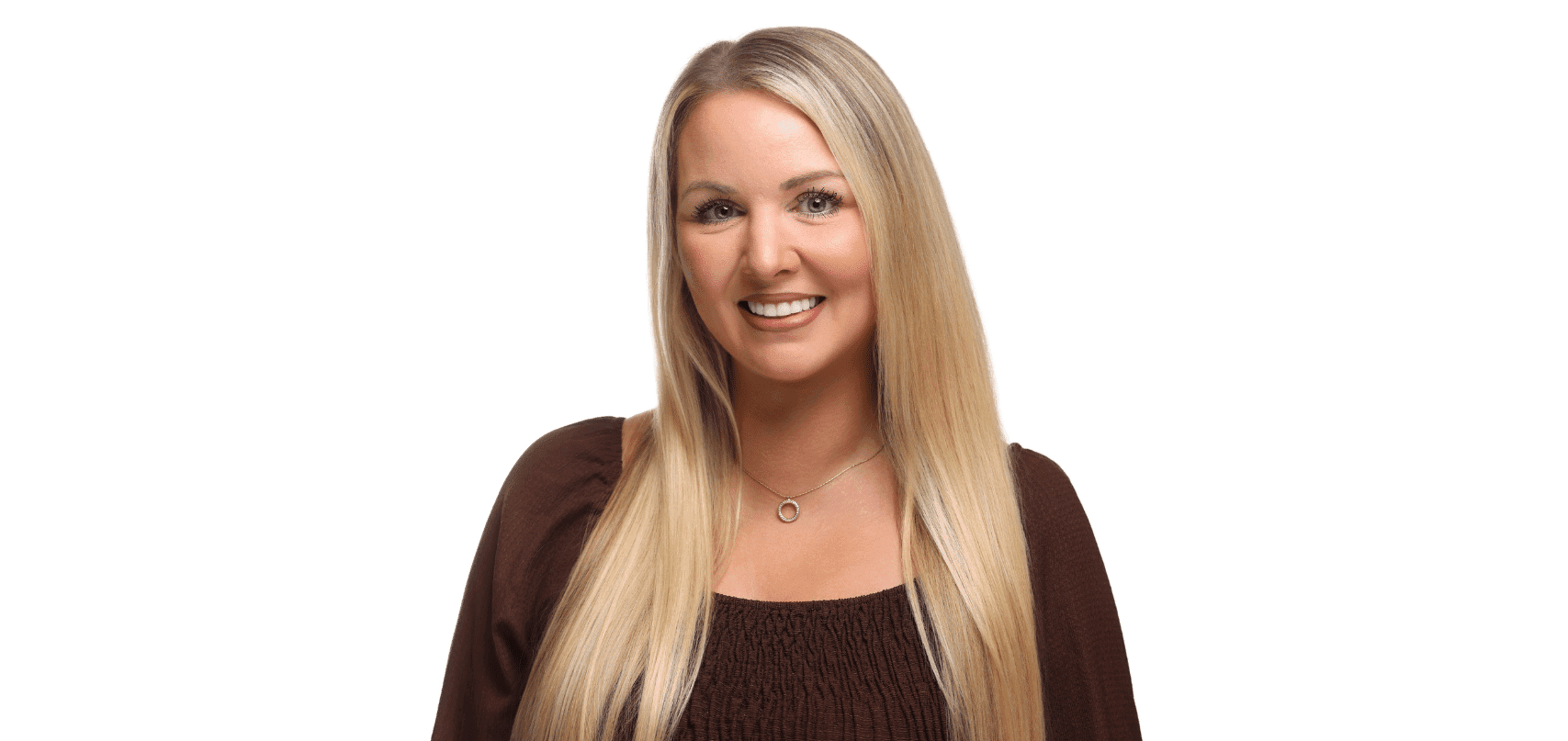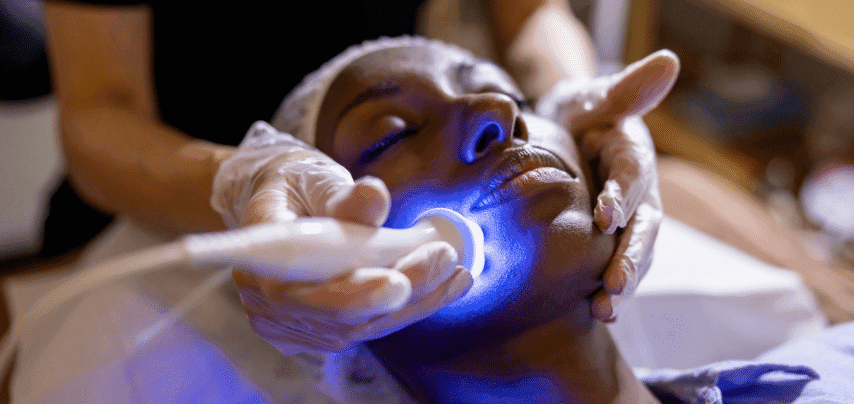After more than 8 months of deliberation, the Supreme Court has finally published its long-awaited judgment regarding psychiatric injuries suffered by secondary victims in clinical negligence claims in three conjoined test cases Paul and another (Appellants) v Royal Wolverhampton NHS Trust (Respondent).
The three test cases were all clinical negligence claims. In each case, the Claimants’ psychiatric injuries were caused by witnessing the death (or immediate aftermath) of a close relative. In each case, the Claimants argued that the death had been caused by an earlier negligent failure by a healthcare provider to diagnose and treat a life-threatening medical condition. The Claimants argued that the healthcare provider was not only responsible for the death of the person whose life was lost but was also liable to compensate them, as ‘secondary victims’ for their psychiatric injuries caused by their experience of witnessing the death (or its immediate aftermath).
The principal question under consideration in the test cases was whether healthcare providers can be held liable for psychiatric injuries suffered by close relatives of patients who were victims of clinical negligence. In the seminal decision, the Court, by a majority of 6 judges to 1, resoundingly confirmed that no such liability attaches, and that secondary victim claims for nervous shock now have only very limited applicability in clinical negligence cases.
In its judgment, the Court made a fundamental distinction between what it described as ‘accident’ and ‘disease’ cases. It effectively determined that witnessing an ‘accident’ (defined as ‘an unexpected and unintended event which caused injury (or a risk of injury) by violent external means to one or more primary victims’) is a necessary condition for a secondary victim claim, but that witnessing a medical crisis (the suffering or death of a relative from illness) or its aftermath is not sufficient.
The judgment has far-reaching implications, effectively limiting the scope of secondary victim claims arising from clinical negligence, particularly those involving delayed or missed diagnoses. While it does not entirely preclude such claims, the Court's emphasis on the necessity of an ‘accident’ significantly narrows the circumstances where secondary victim recovery might be possible.
This surprising outcome, contrary to most expectations, has unsurprisingly been welcomed by healthcare practitioner representatives and their insurers. Equally unsurprisingly, it has been criticised by Claimant representatives who see it as part of a recent trend in Supreme Court decisions favouring healthcare providers.
Discover more Altea News piece and Articles here.



